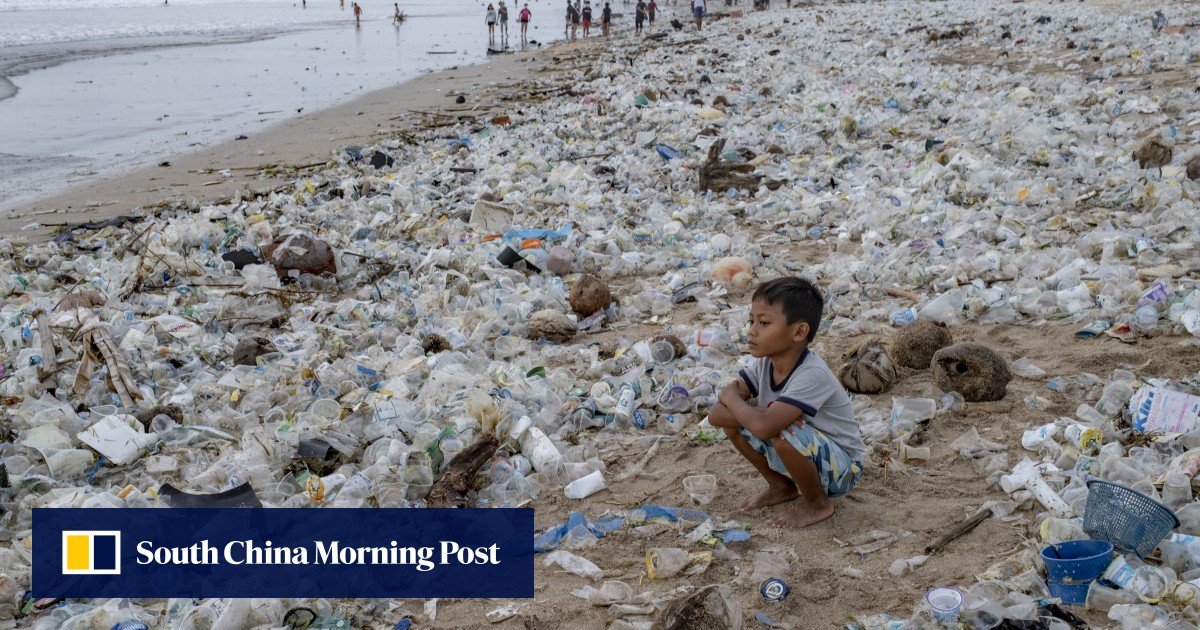I feel like I see this sort of news every year and nothing happens with it, lets hope that this finding will actualy change something
I mean, what could be done? The first thing people think of is “this will solve the plastic pollution problem!” But since we know that plastic in the ecosystem isn’t breaking down naturally to anything near a significant degree, these organisms are not abundant and/or efficient enough. If you start thinking of artificial solutions, they’re actually extremely ecologically risky, for example, seeding the oceans with these bacteria or a genetically modified variant could work, but could also make it worse in other ways, more research is needed.
If you were thinking of using bacteria in a controlled environment to turn plastic into bioavailable molecules, simply burning it will have a similar effect with more efficiency, releasing the carbon contained in plastic as CO2 which can then be captured by photosynthesis (as long as you control the combustion and processing procedures to break down any toxins to ecologically harmless molecules, which is still expensive but less so, so don’t start setting fire to plastics in your backyard). The bacteria will produce CO2 too, and all carbon in the ecosystem spends some of its time as CO2. This might also be a problem for climate change, as in plastic, the carbon is inaccessible, but as biomolecules, it would add to the already excessive amount of surface carbon. To combat climate change, we actually need ways of taking carbon out of ecological circulation.
At the end of the day, there is an extremely long journey between discovery and implementation, and no one has gotten to the implementation part, yet.
indeed
I feel these two videos are semi-relevant here:





